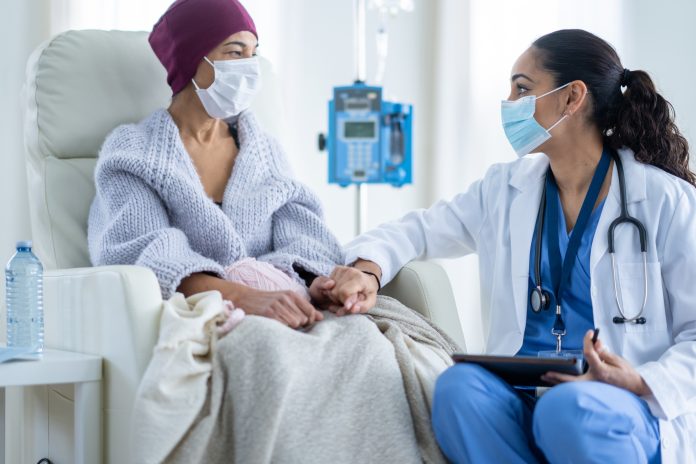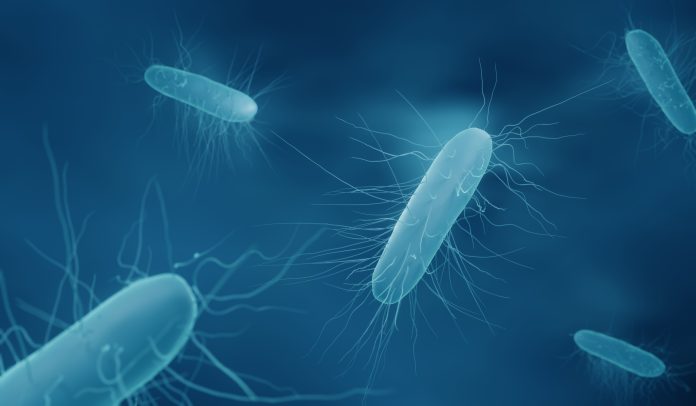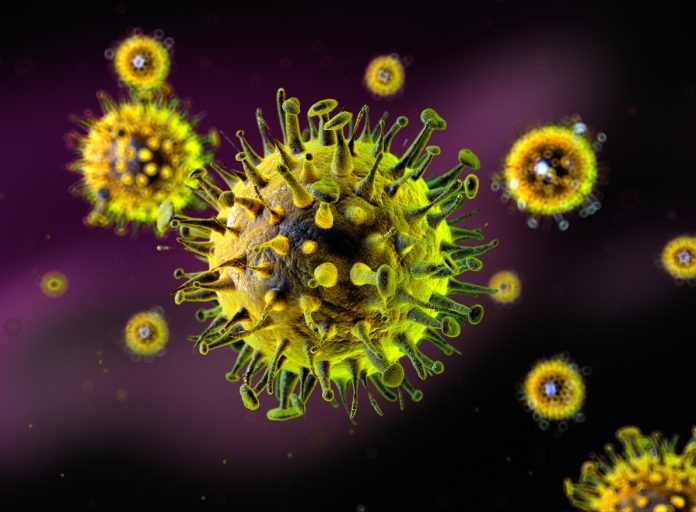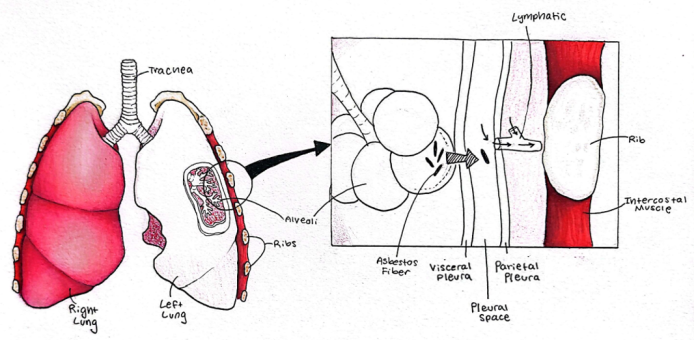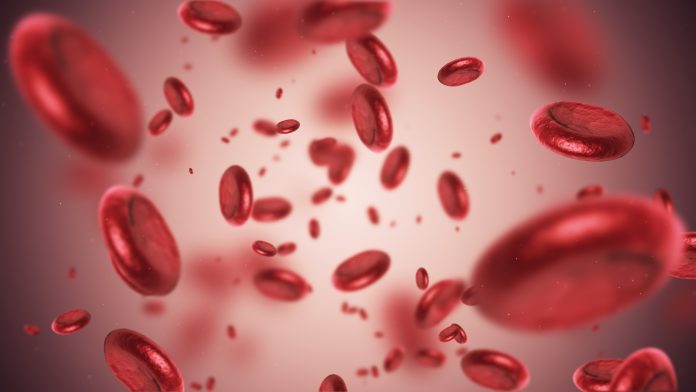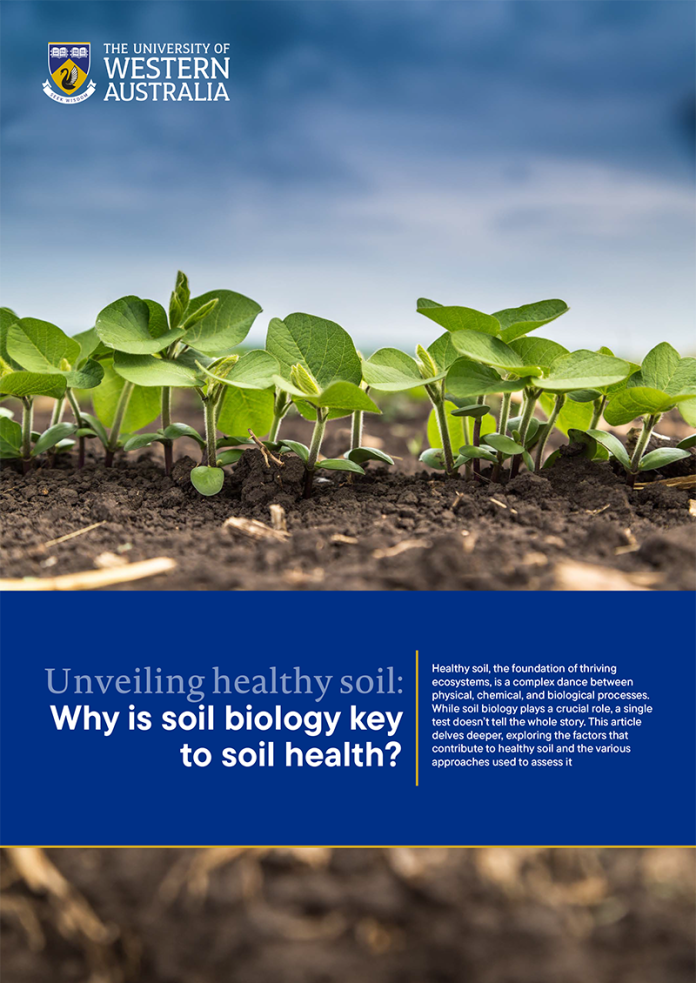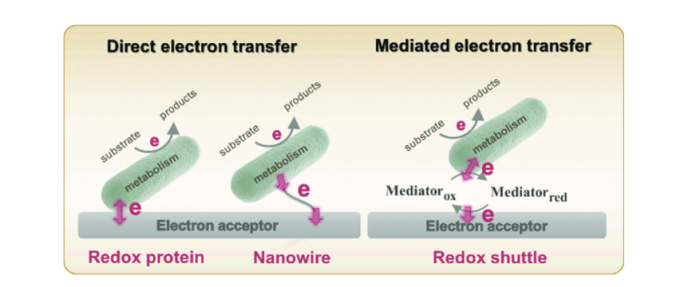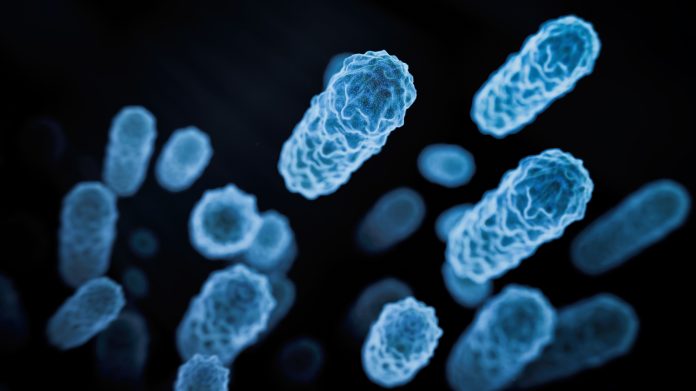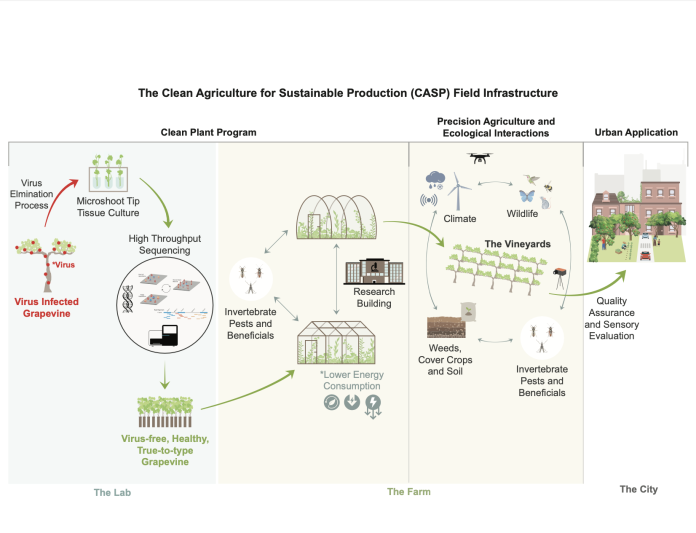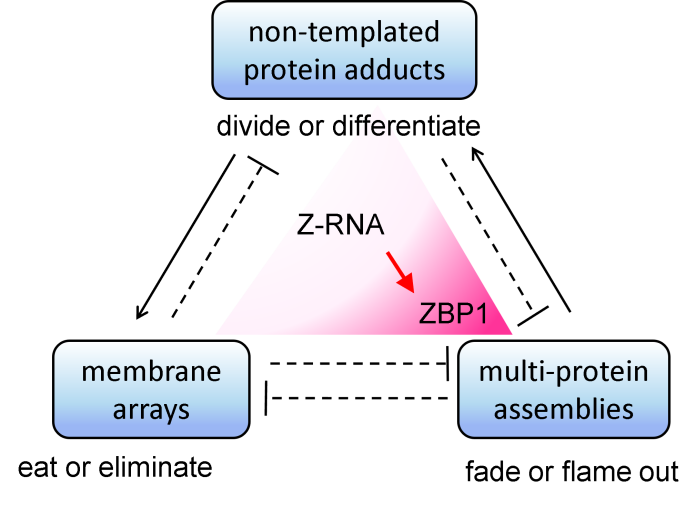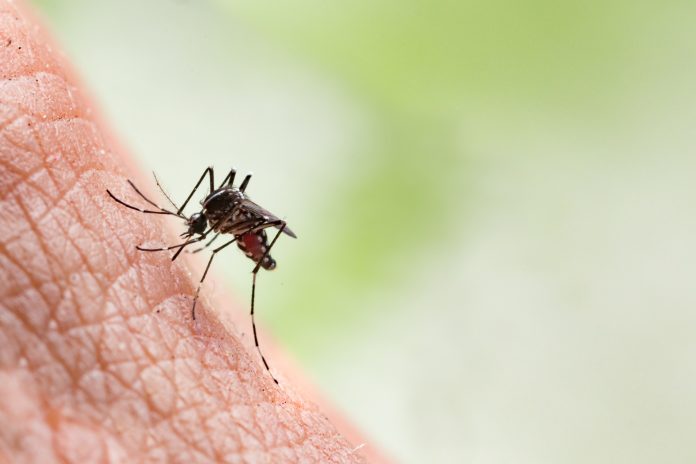Open Access Government produces compelling and informative news, publications, eBooks, and academic research articles for the public and private sector looking at health, diseases & conditions, workplace, research & innovation, digital transformation, government policy, environment, agriculture, energy, transport and more.
Home Search
pathogens - search results
If you're not happy with the results, please do another search
CRISPR/ Diagnostics: A portable lab for everyone
Professor Kevin J. Zwezdaryk and Chandler H. Monk discuss CRISPR and diagnostics, focusing on the development of a portable lab accessible to everyone.
The triple planetary crisis of pollution, biodiversity loss and climate change
Read about the unique challenges coastal regions face from human activities and the combined crisis of pollution, biodiversity loss, and climate change.
The role of host condition and environment on infection outcome
Brian P. Lazzaro from Cornell University discusses his research on the factors influencing immune response and infection outcome, drawing on powerful experimental systems, such as Drosophila melanogaster as a model host, to gain a deeper understanding of foundational biological processes.
The interplay between cancer and antimicrobial resistance
Infections are the second leading cause of death in cancer patients, after the cancer itself; Zisis Kozlakidis and Shalini Jayasekar Zurn discuss the challenges surrounding the interplay between cancer and antimicrobial resistance (AMR).
Primate exposure to anthropogenic pollutants: An overlooked conservation concern
Michael Wasserman of Indiana University discusses research on wild primate exposure to endocrine disruptors, such as pesticides, flame retardants, and phytoestrogens.
An ancient therapy modernized for Clostridioides Difficile therapy
Clostridioides difficile is a type of bacteria that often affects people who have been taking antibiotics. Glenn S. Tillotson of GST Micro LLC explains how live biotherapeutic products have shown promise as a safe and effective treatment to help restore the normal gut microbiome.
UK government strengthen their pandemic preparedness with H5 influenza vaccine
In the possible event of a pandemic, the UK has secured 5 million doses of an H5 influenza vaccine to stay one step ahead of the avian influenza virus.
Asbestos, the pleural cavity, and autoimmune disease
Jean C. Pfau, Ph.D. from the Center for Asbestos-Related Disease and Kinta Serve from Idaho State University, provide their perspective on asbestos, the pleural cavity, and autoimmune disease.
David Ussery – UAMS
Professor David Ussery was born and raised in Springdale, Arkansas. He has been working with bioinforma6c analysis of bacterial genomes since the first sequence was published in 1995. He lives his life vicariously through his Ph.D. students. Most of his papers have Ph.D. students as first authors; he has...
Securing Europe’s health future: The need for a safe blood supply
The regular supply of safe blood is crucial for health systems worldwide. In this article, the Blood Transfusion Association explains how the EU’s updated SoHO Regulation is impacting the sustainable and safe supply of life-saving blood products.
Unveiling healthy soil: Why is soil biology key to soil health?
Healthy soil, the foundation of thriving ecosystems, is a complex dance between physical, chemical, and biological processes. While soil biology plays a crucial role, a single test doesn’t tell the whole story. This article delves deeper, exploring the factors that contribute to healthy soil and the various approaches used to assess it.
Dr Marino Moretti – University of Turin (Italy)
Dr M Moretti is Research Infrastructure Manager in the framework of the EU-funded project SUS-MIRRI.IT coordinated by the University of Turin (Italy) and focused on the implementation of the Italian network of microbial culture collections. Before this enrolment and after his PhD in Biology and Biotechnology of Fungi, he...
Microbial extracellular electron transfer in the human gastrointestinal tract
Gratian Ting and Arpita Bose from Washington University in St. Louis discuss the fascinating role that extracellular electron transfer plays within the human gut.
Tackling the challenges of diagnosing and treating sepsis
Lorna Rothery interviewed Dr Lauren Sorce, PhD, RN, CPNP-AC/PC, FCCM, President of the Society of Critical Care Medicine and Co-chair of the Surviving Sepsis Campaign, to discuss the challenges of diagnosing and treating sepsis.
Innovative grape and wine industry research in a cool climate region
Jim Willwerth, Assistant Professor and Researcher at the Cool Climate Oenology and Viticulture Institute (CCOVI), discusses how the Institute is supporting the transformation of Canada’s agricultural ecosystem, and a self-reliant, sustainable model for the rest of the world.
Cellular scaffolding: Crowdsourcing cellular responses in health and disease
In this article, Dr Alan Herbert discusses how different types of cellular scaffolds interact and impact the risk of diseases, citing the example of Z-RNAs pushing cells to inflammatory states in tumors and autoimmune conditions, setting the stage for new therapeutics.
Catalysing vaccines and biologics manufacturing in Africa
Professor Faith Osier, Director of the Chanjo Hub at Imperial College London, shares her vision for vaccines and biologics manufacturing in Africa to secure lives and livelihoods and drive economic growth.
From drug disposal to water contamination: Unpacking pharmaceutical pollution
Lorna Rothery spoke to Health Care Without Harm (HCWH) Europe about the impact of pharmaceutical pollution and the barriers that need to be overcome to achieve a greener, more sustainable industry.
Promoting awareness of neglected tropical diseases
Open Access Government discusses the prevalence of neglected tropical diseases, including barriers to awareness and the need to scale up effective interventions.
Pathogen risks at the intersection of farms and wildlands
In a clash of ecosystems, native plants and non-native crops find themselves at odds, facing off against a common enemy: pathogens.




